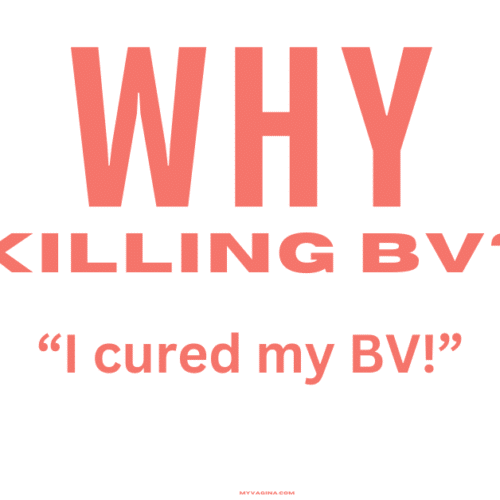Vaginal agenesis is an anatomical abnormality where a foetus does not properly develop a vagina. Vaginal agenesis occurs due to the incomplete development of the vaginal plate, which forms the channel, and affects one in every 5,000 live births.
The vulva looks completely normal, so diagnosis is usually in the teenage years. There are variations to this: a shorter vagina (called vaginal hypoplasia) and vaginal remnants and no uterus caused by MRKH syndrome.
There are usually other malformations in the reproductive tract, with many different names given to the specifics, including the double uterus, uterus didelphys, another müllerian duct anomaly.
Some Disorders (or Differences) in Sexual Development (DSD) can cause these abnormalities. Kidney abnormalities are not uncommon, since the pathways used to develop the upper vagina, uterus, fallopian tubes and cervix in utero are also used to develop the kidneys. Some may also have skeletal abnormalities affecting the spine, ribs, or limbs.
Diagnosis of vaginal agenesis
The outer genitalia look completely normal, so diagnosis is usually about age 15 – not a great time to find out you don’t have a vagina. Periods don’t come, so a doctor’s visit is made to find out why.
Diagnosis is made by examination, which quickly discovers part of the problem. Imaging will be done to find out what lies beneath.
Symptoms of vaginal agenesis can include:
- Painful periods (dysmenorrhoea)
- Painful sex, masturbating or tampon use (dyspareunia)
- Cyclic pelvic pain, since menstrual blood is trapped
- Can result in endometriosis, as menstrual blood reverses back into the pelvic cavity via the fallopian tube
- Lack of menstrual period – has pain and signs of a menstrual cycle, but no blood appears
Some girls will be diagnosed during infancy while doctors are looking for other things.
Treatment and management of vaginal agenesis
Reconstruction can occur without surgery in some women using dilators, with dilation therapy being about 20 minutes per day. It can be quite uncomfortable. Surgery is called a vaginoplasty, and there are a few different types available. The vagina can be reconstructed using skin grafts or parts of intestine, or more recently, artificial skin. The surgery is a big deal, but outcomes can be very good with the right procedure and surgeon.
Outcomes of vaginal agenesis
If you don’t have a vagina, many things become impossible, so corrections are usually recommended where possible. These can include surgeries to create a new vaginal canal, with new techniques proving very successful and satisfactory.
Fertility
Fertility depends entirely on whether the uterus, ovaries and fallopian tubes are properly formed and functional.
A woman may not be able to carry and/or deliver her own baby – this is entirely dependent on what organs exist and what shape they are in.
Vaginal agenesis is not closely associated with infertility, but is associated with caesarean sections, since a vaginal birth is too destructive to tissue in this case. Assisted fertility treatments may be required, since getting the sperm to the egg can be an issue. Surrogates may be an option.
Sex
After successful surgery, sex can happen in about 4-6 weeks and nobody would ever know surgery has occurred.
Lubricant should be used since the new vagina doesn’t produce its own lubricant like a normal vagina does.
Colovaginoplasty has better self-lubricating qualities, since bowel tissue naturally creates some of its own.
Because the clitoris and erectile tissue (unconnected to the vaginal canal) is of far more importance in sexual satisfaction than the vagina, sexual satisfaction is not interrupted. Individual anatomy counts significantly in outcomes here, but overall, the ability to orgasm and enjoy sexual pleasure is not impeded.





